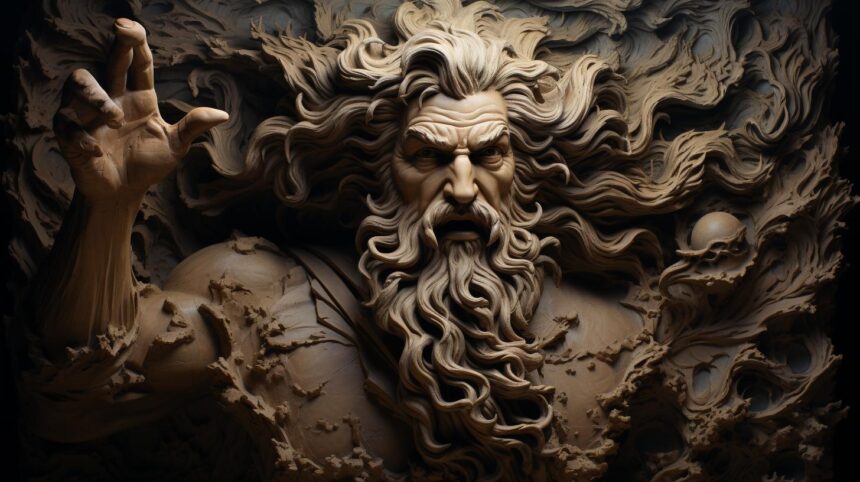Greek mythology stands as one of the cornerstones of Western culture, a rich tapestry of gods, heroes, and monsters woven into the fabric of ancient Greek society. These myths passed down through generations via oral tradition and later recorded in epic poems and literature, continue to captivate audiences worldwide with their timeless tales of love, betrayal, heroism, and tragedy.
Origins and Key Figures
The origins of Greek mythology can be traced back to the Bronze Age, with roots in the religious beliefs and rituals of the ancient Greeks. At the heart of Greek mythology are the twelve Olympian gods and goddesses, led by Zeus, the king of the gods, and Hera, his queen. Each deity ruled over a different aspect of the natural world, from the sea (Poseidon) to wisdom (Athena) to love (Aphrodite).
Among the most famous figures in Greek mythology are the heroic demigods, such as Heracles (Hercules), Perseus, and Achilles, whose exploits have inspired countless works of art, literature, and film. These heroes often faced daunting challenges, battling fearsome monsters like the Hydra, the Gorgons, and the Cyclops, in quests that tested their courage, strength, and wit.
Stories and Themes
Greek mythology is replete with stories that explore universal themes of love, jealousy, revenge, and the struggle between gods and mortals. One of the most enduring myths is that of Persephone, the daughter of Demeter, who was abducted by Hades, the god of the underworld. This tale explains the changing seasons, as Persephone’s time in the underworld corresponds to winter, while her return to the surface brings spring and renewal.
Another iconic myth is the tragic love story of Orpheus and Eurydice, in which Orpheus, a gifted musician, descends into the underworld to rescue his beloved Eurydice, only to lose her forever when he breaks the condition of not looking back as they ascend to the world of the living.
Legacy and Influence
The legacy of Greek mythology extends far beyond ancient Greece, shaping art, literature, and culture across the centuries. In the realm of literature, the works of Homer, including the epic poems “The Iliad” and “The Odyssey,” are foundational texts that draw heavily from Greek mythological motifs and characters.
Greek mythology has also left an indelible mark on visual arts, with countless paintings, sculptures, and other artworks depicting scenes and characters from ancient myths. From the marble statues of gods and heroes that adorned temples and public spaces in ancient Greece to the Renaissance masterpieces of artists like Botticelli and Michelangelo, the imagery of Greek mythology has served as a perennial source of inspiration for artists throughout history.
Greek Mythology in Art
Greek mythology in art encompasses a wide range of styles and mediums, reflecting the evolving tastes and techniques of different cultures and periods. In ancient Greece, pottery played a central role in the visual representation of myths, with scenes painted on vases and urns providing a glimpse into the heroic deeds and divine machinations of the gods and heroes.
During the Renaissance, artists rediscovered the classical ideals of beauty and harmony embodied in Greek sculpture and sought to emulate them in their own works. This period saw a resurgence of interest in Greek mythology, with artists like Sandro Botticelli and Michelangelo drawing inspiration from ancient texts and myths to create some of the most iconic masterpieces of Western art.
In the modern era, Greek mythology continues to inspire artists across various disciplines, from painters and sculptors to filmmakers and video game designers. Contemporary artists reinterpret ancient myths through a contemporary lens, exploring themes of identity, power, and the human condition in ways that resonate with contemporary audiences.
Conclusion
Greek mythology remains a vibrant and enduring cultural legacy, its stories and symbols continuing to resonate with audiences around the world. From its ancient origins to its enduring influence on art, literature, and popular culture, the myths of ancient Greece continue to fascinate and inspire, reminding us of the timeless power of storytelling and the enduring relevance of the human experience. As we continue to explore and reinterpret these myths in new and innovative ways, we pay homage to the rich legacy of Greek mythology and ensure that its stories will continue to captivate and inspire generations to come.






